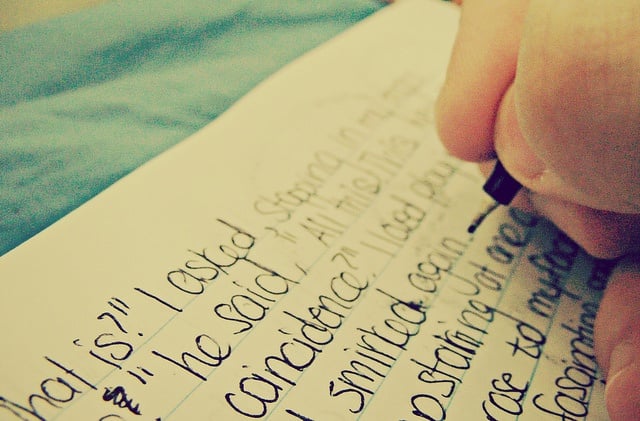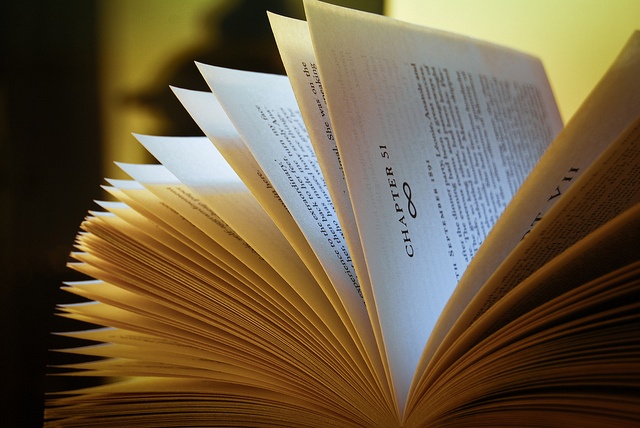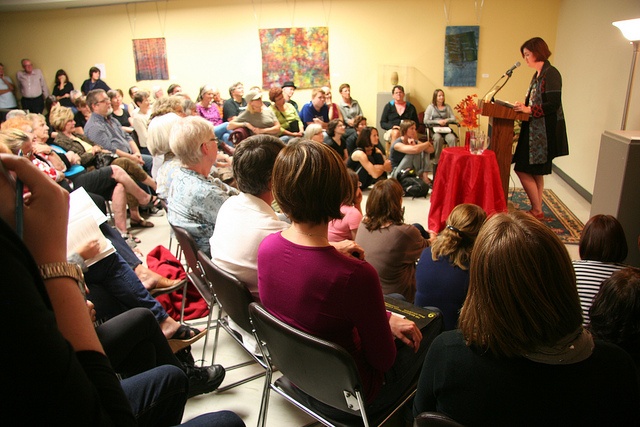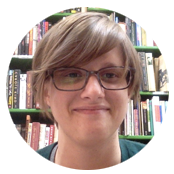
So you’re thinking about majoring in creative writing! Completing an undergraduate creative writing program can be a great way to explore your love of fiction or poetry and hone your craft.
As edifying as a creative writing major can be, it may not be what you expect. Dedicated creative writing majors are also quite uncommon, so if you're committed to getting your degree in that subject, you'll have a narrower pool of possible colleges. This post will help you decide whether a creative writing major is right for you.
Feature Image: Nilufer Gadgieva/Flickr
Many Great Schools (with Awesome Writing Classes) Don't Have a Creative Writing Major
As I mentioned above, creative writing is a relatively rare major, so if you're solely focused on schools with a dedicated creative writing degree, you might miss out on schools that could be a great fit for you.
Keep in mind that a lot of school that don’t offer specific majors still have great opportunities to pursue creative writing, whether by completing a minor, contributing to the campus literary journal, or simply taking classes.
Even if you know you want to study creative writing, try researching the opportunities available at different schools with an open mind. You might be surprised by what you find!
You're Going to Have to Read — A Lot
I once had a friend who loved writing ;but hated reading—especially if he had to analyze the text. If you tend to agree with him, and would rather be submerged in a vat of ants than write a paper about Virginia Woolf's use of symbolism to comment on World War I in The Waves, this course of study isn't right for you. Most creative writing majors are run by the English department, and, in fact, many are special tracks within the English major. As such, they involve a lot of reading of all kinds, including fiction, plays, poetry, and literary theory.
I was an English major in undergrad, and we were expected to read a roughly book a week in each class. Some were long (I had one professor assign the longest single volume novel in the English language) and some were short, but it added up to a lot of books! You’ll also have to write critical essays analyzing these works of literature—if you really only want to write your own fiction or poetry, consider majoring in something else and taking creative writing classes as electives.
 (Martin/Flickr)
(Martin/Flickr)
You Don't Need a Specific Major to Be a Writer
Writing isn't like engineering: you don't need a specific degree to pursue it professionally. The only thing that you need to do to be a writer is to write.
Most writing jobs, whether in publishing, journalism or teaching, don’t require or even expect you to have majored in creative writing. For the few positions that do require a writing degree, which are almost exclusively in academia, you'll actually need a graduate degree (generally an MFA).
Studying writing in school is a great way to motivate you to work on your writing and to get constructive feedback (more on this below), but it’s not the only way. A lot of great writers studied something totally unrelated to writing or didn’t go to college at all.
You Can Learn A Lot From Really Focusing on Writing
So far I've focused mostly on reasons you might not want or need to major in creative writing, but there's one very good reason to do so: you'll spend a lot of time writing, talking about writing, and reading your peers' writing.
One of the key features of any creative writing major is the workshop—a small class where students closely read and dissect each other’s work. Workshops can be very productive, since they offer the opportunity for lots of revision and rewriting. However, they also involve a lot of criticism and can be challenging for very sensitive people. Consider how you'll react to someone not liking your writing or suggesting ways to improve it.
Many creative writing majors also require a capstone project or creative BA thesis, which requires you to complete a substantive piece of work that's at or near publication ready. For students who are genuinely committed to publishing their writing, this project is an invaluable stepping stone.
Some Schools Have Special Opportunities for Creative Writing Majors
At schools with particularly strong writing programs, majors may have the opportunity to attend special readings or meetings with authors that aren't open to non-majors. They may also have priority for activities like working at the literary journal or university press.
These kinds of perks are completely dependent on the school, however, so make sure to research the specific programs that you're interested in.
 Bestselling author Emma Donoghue reads from her novel "Room" (London Public Library/Flickr)
Bestselling author Emma Donoghue reads from her novel "Room" (London Public Library/Flickr)
Final Thoughts
Creative writing majors offer a unique opportunity to focus on the craft of writing, but they aren't right for everyone. If the following statements apply to you, a creative writing major could be a great fit:
- You love to read and write.
- You take criticism well and don't mind other people reading your work.
- You want to pursue writing outside of the classroom as well as in it.
More Recommended Reading
Convinced you want to be a creative writing major? Check out our list of the best undergrad writing programs.
Creative writing majors go on to a wide range of jobs. If you're exploring different career ideas, check out our guides on how to become a lawyer and how to become a teacher.
If you're looking at colleges, also check out our guide on how to pick the best school for you and our list of the best college search websites.
For those of you interested in particularly selective schools, we have a guide to getting into Ivy League schools written by a Harvard grad.
Want to improve your SAT score by 160 points or your ACT score by 4 points? We've written a guide for each test about the top 5 strategies you must be using to have a shot at improving your score. Download it for free now:
Have friends who also need help with test prep? Share this article!

Alex is an experienced tutor and writer. Over the past five years, she has worked with almost a hundred students and written about pop culture for a wide range of publications. She graduated with honors from University of Chicago, receiving a BA in English and Anthropology, and then went on to earn an MA at NYU in Cultural Reporting and Criticism. In high school, she was a National Merit Scholar, took 12 AP tests and scored 99 percentile scores on the SAT and ACT.



































 Holly R.
Holly R.